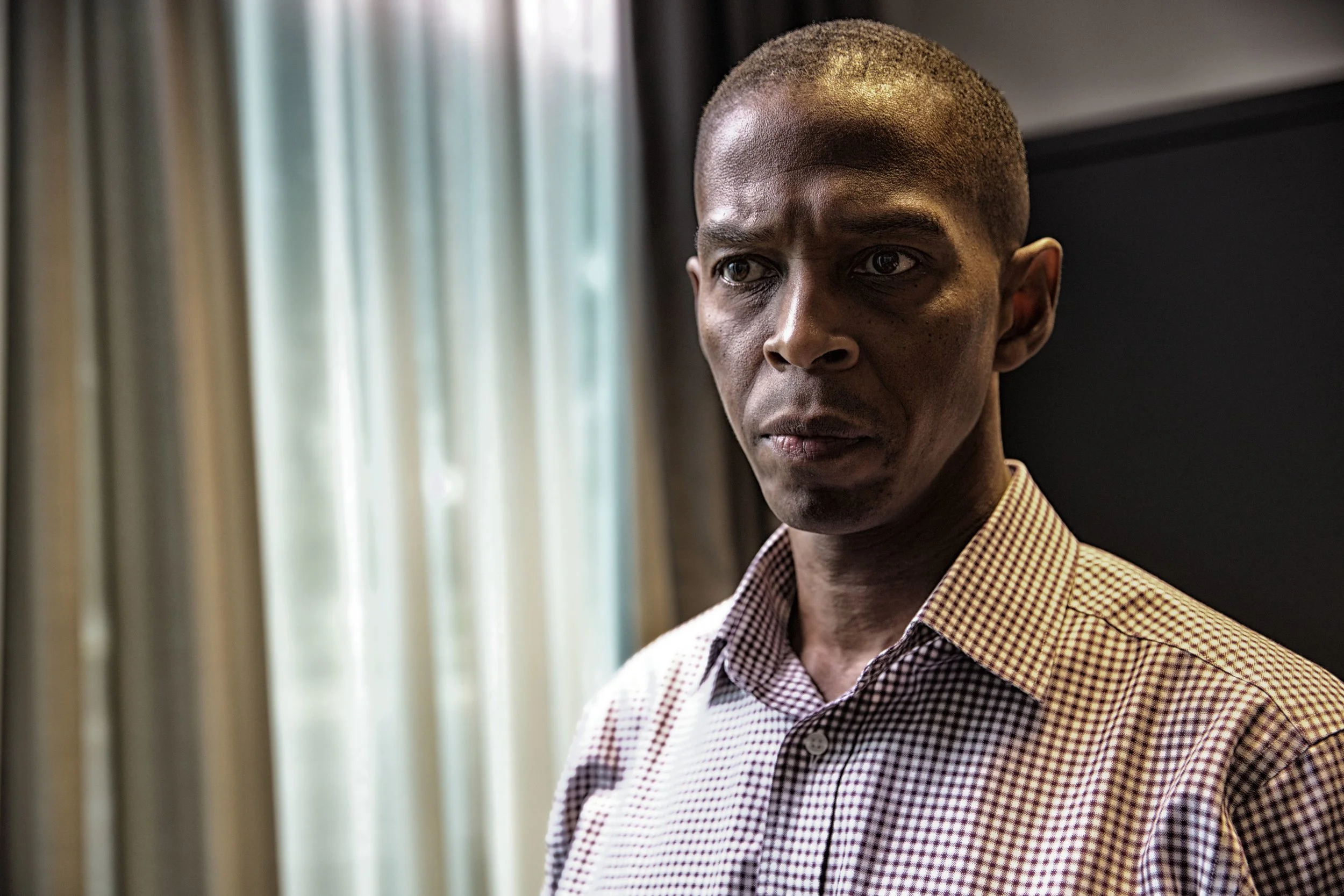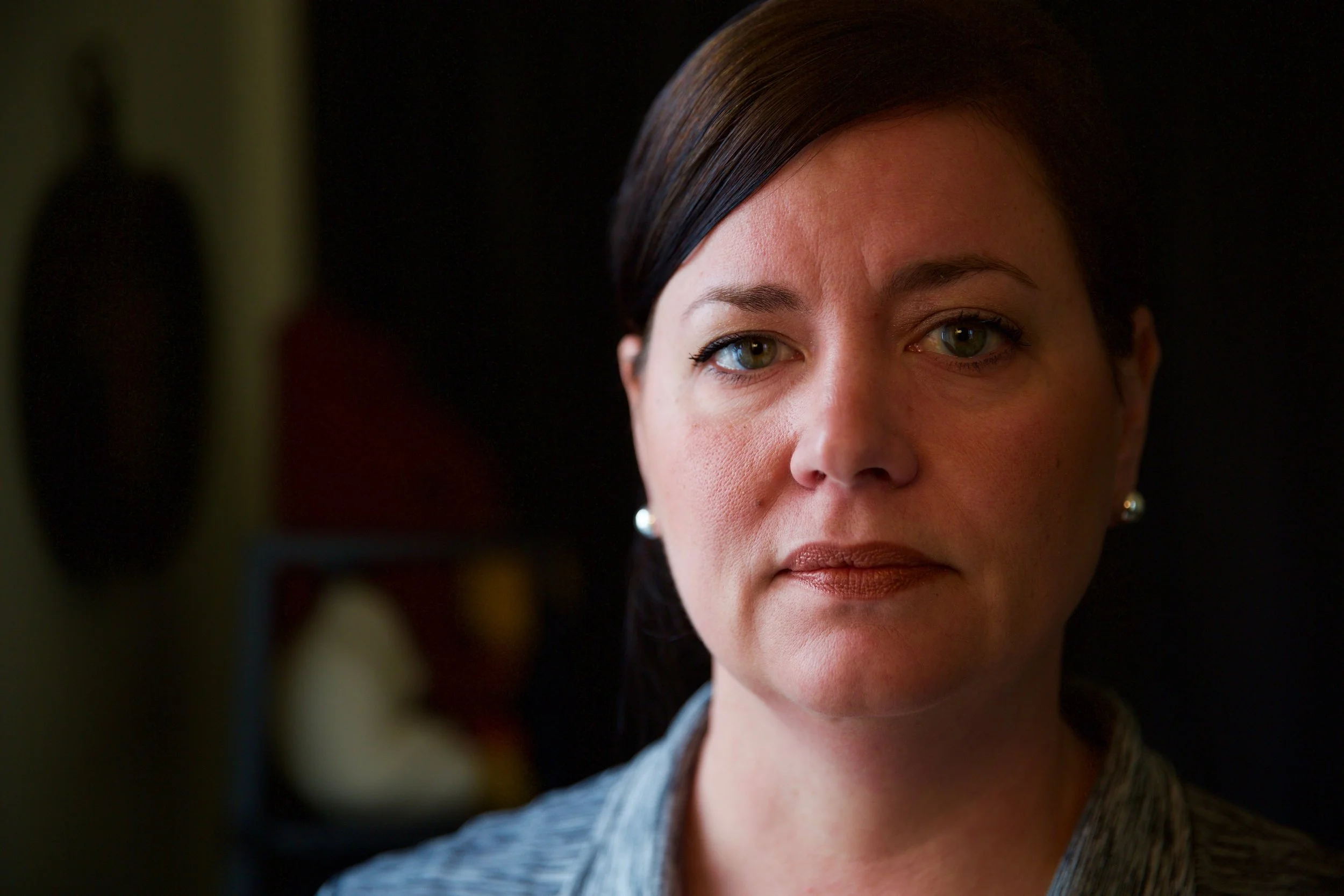Richmond Justice
STORIES + PORTRAITS
C.T. | August 12, 2016
C.T. Woody, Jr., is the Sheriff of the City of Richmond. In this capacity, he directs the local jail, the Richmond City Justice Center.
It’s been two years since we moved in here. We’re blessed to have this new building; the old jail wasn’t fit for animals. Employee morale has improved tremendously, and this facility is both healthy for habitation and suited to programming. It’s making a difference.
Most of the problems that we see in the Justice Center result from social issues that haven’t been taken care of prior to an individual’s arrival here. Jails and correctional facilities tend to be reactive, and there’s only so much you can do with that approach. One thing I’m trying to do is get the communities sending people here to be proactive: Treat the negative social conditions to prevent people from coming in here in the first place.
Now, what do we do when folks do wind up here? We offer all kinds of programs—tremendous programs—headed up by Dr. Sarah Scarbrough, to treat drug addiction, teach men and women about the importance of family, and provide a path to a GED.
“I’ve seen a lot. And it has made me believe in treatment.”
We even try to work with those who have been sentenced to long terms—20 or 30 years—because statistics show that it’s important to help them, too. You need to improve their thinking and give them something to do that is positive. It cuts down on violence and empowers them to help others.
I’ve been in law enforcement for nearly 50 years. I worked with the Richmond Police Department for 35 years, spent four years with the Commonwealth Attorney’s office, and this is my 12th year as Sheriff. With the police, I worked homicides for 22 years, dealt with drugs and gangs, and served with the SWAT team. I’ve seen how easily criminals can take over in certain communities, and I grew up in a community like that. I’ve had family members who died in jail. I’ve had family members who were very, very mean. I’ve had family members with drug addiction who never got treatment, who were arrested, put on probation, and then arrested again. I’ve seen a lot. And it has made me believe in treatment.
At the same time, we need to change our communities. It’s true: It takes a village to raise a child—and the village used to raise you. When I was coming up, if I got in trouble at school, my mother would come to school the next day and address it. You got disciplined at school, disciplined when you got home—and if the neighbors saw you acting up they could correct you, too. As I remember it, everybody was working together. That has changed. Today, for so many reasons, many of our young people haven’t had the benefit of good parenting. Male mentors are missing, and drug addiction is rampant. Young people in certain communities don’t have anything to do after school, so they hang out on the street. And once they’re on the street, they hang out with bad crowds, and then they wind up in the system. We have come a long way; we’re doing great things in this city. The Richmond Police Department has always worked hard, and today we have communities working with the police to support public safety. But there’s still so much more to do.
Some of my cohorts in law enforcement tease me: “Man, you used to love to lock people up. Now you’re a social sheriff. You’re soft on crime!” Well, I’m not soft on crime: I’m smarter on crime. I see that we’re arresting the wrong people. The majority of residents here—in fact, 75% of them—are incarcerated because of drug addiction, alcoholism, and other substance abuse. And a significant portion of our residents have mental illness. In jail, those who are mentally ill do not get better. They get worse. And as for those struggling with addiction, they’re struggling with a sickness—not a crime. We can throw away the key for those who are selling drugs, and those determined to be bad. But those who are addicted should be given alternatives to incarceration. Give them the opportunity to heal. Lock the right people up.
At the Justice Center, we believe in discipline. We believe in serving time. But we want to educate you. We want to keep you connected to your family, and teach you that family matters. We want to teach you conflict resolution. We want to teach you that you have even bigger challenges ahead after you’re released. And we want you to challenge those in your family, particularly those headed down the wrong roads—we want you to challenge them not to come in here.
I’m no different than the rest of them. I grew up not liking the police very much, and one reason was because I was running with the wrong crowd. Of all the people I ran with, only one of them is still alive. The others were killed or committed suicide. It’s been a real experience for me in learning how to treat others. I’m no hero. But I look at this as my ministry.
— interviewed June 13, 2016
















